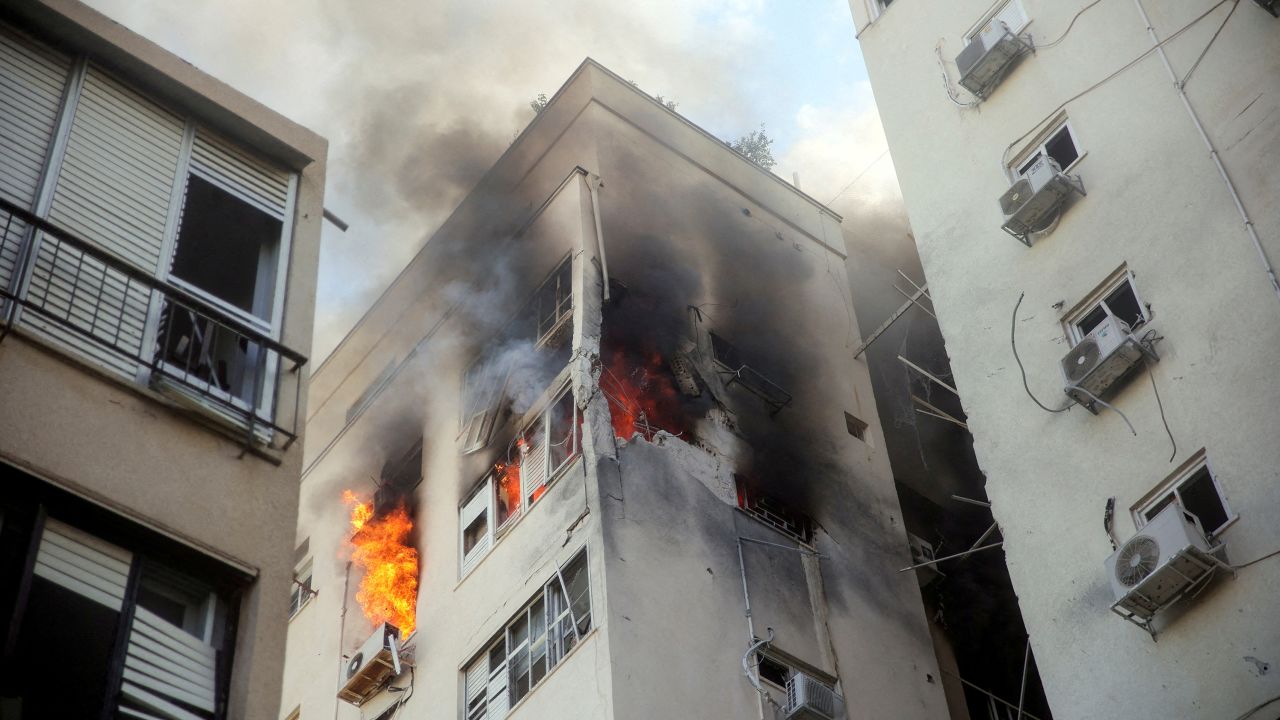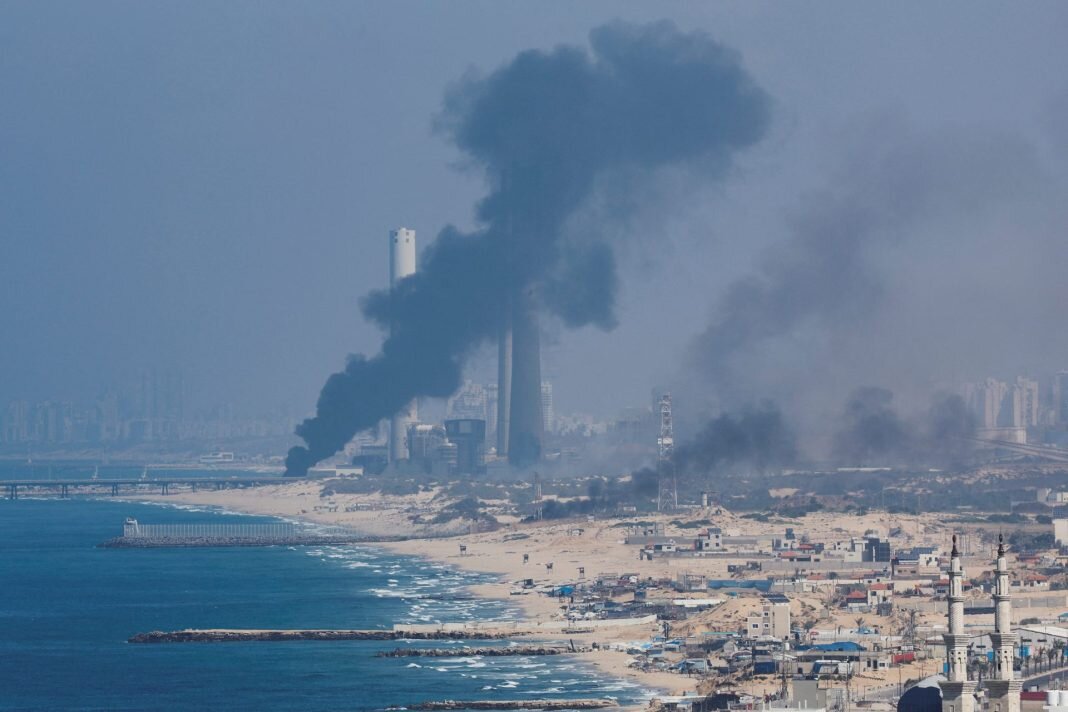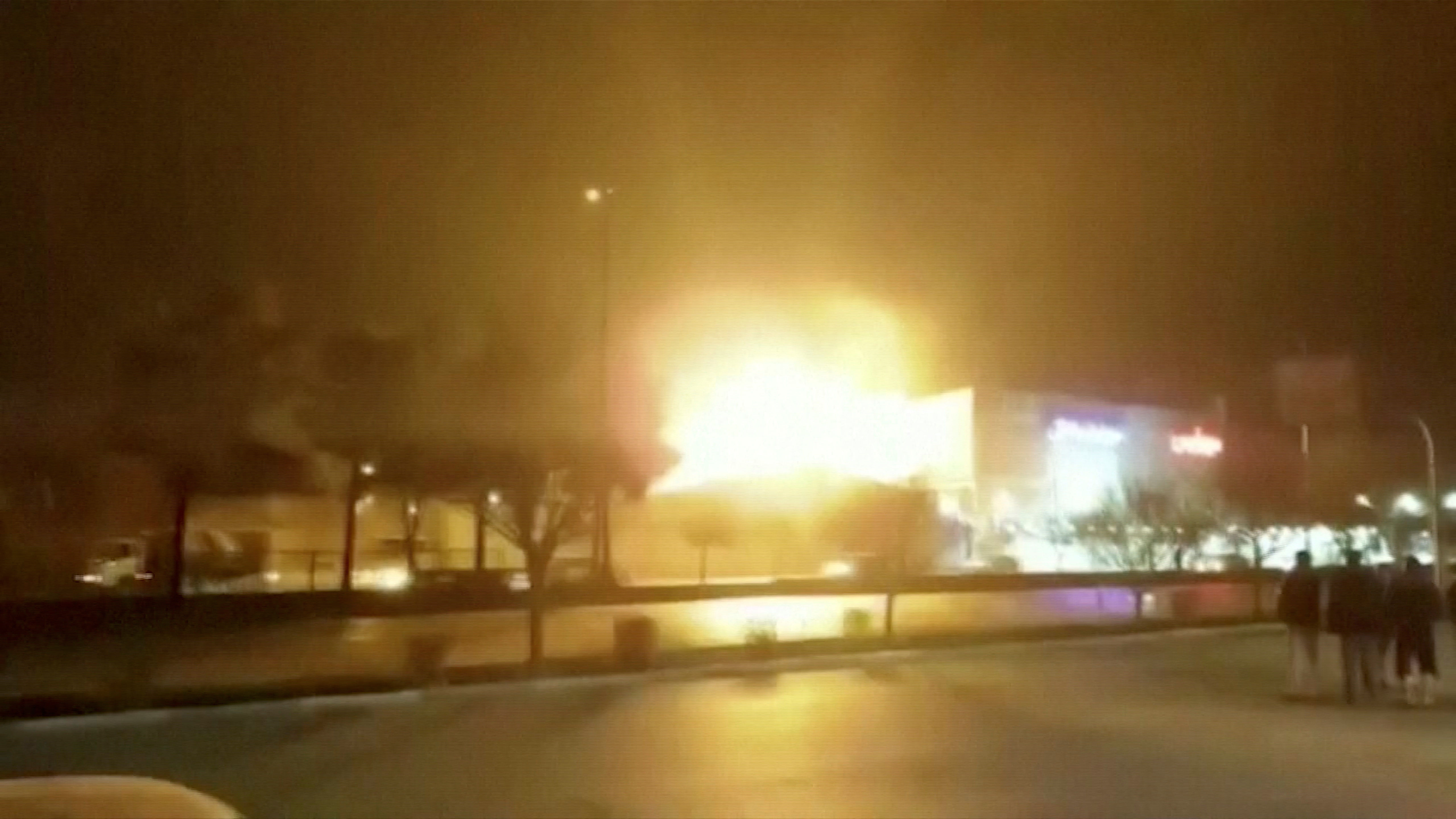US Continues to Investigate Iran’s Possible Involvement in Recent Israel Attack

US Continues to Investigate Iran’s Possible Involvement in Recent Israel Attack
In the wake of the recent attack on Israel, the Biden administration is diligently working to ascertain any direct connections between Iran and the planning and execution of the assault. US officials have revealed to CNN that as of Sunday, they have yet to discover concrete evidence linking Iran directly to the attack. However, the longstanding history of Iran’s support for militant groups such as Hamas and Hezbollah cannot be ignored.
While the initial aftermath of the attack prompted cautious statements from senior US officials, who emphasized that it was too early to definitively implicate Iran, there is a growing sentiment that Iran’s established ties to Hamas suggest a probable role in training and financing the operation.
“Iran’s close ties to Hamas and its financial and operational support make it likely they had a role in this,” stated one Democratic senator, set to receive a classified briefing on the matter. Nonetheless, US officials emphasize that, as of now, there is no intelligence that definitively establishes the direct connection.
During a briefing with House leadership on Sunday evening, Acting Deputy Secretary of State Victoria Nuland stated, “We have not found that connection, but that doesn’t mean we won’t.” Nuland acknowledged Iran’s historical provision of weapons to Hamas but noted that US officials are actively seeking a more specific link.

A congressional source has suggested that given the sophistication of the attack, Iran likely played a role, as Hamas alone does not possess the capacity to acquire weapons on such a scale. The pressing question remains the extent of Iran’s involvement in the planning and execution of the operation.
As the investigation unfolds, it becomes increasingly crucial to understand the geopolitical dynamics at play in the Middle East, the historical context of Iran’s support for militant groups, and the broader implications for regional stability.
Historical Context: Iran’s Support for Hamas and Hezbollah
To comprehend the suspicions surrounding Iran’s involvement in the recent attack on Israel, it is essential to delve into the historical context of Iran’s relationship with militant groups like Hamas and Hezbollah.
Iran has long been accused of providing financial and military support to these organizations, which are viewed as adversaries by Israel and many Western nations. This support includes the supply of weapons, training, and funds, allowing these groups to carry out their anti-Israel agendas.
Hamas, for example, has received backing from Iran since its inception in the late 1980s. Over the years, this support has included the provision of rockets and other weaponry used in attacks against Israel. Iran has also allegedly trained Hamas militants, enhancing their military capabilities.
Hezbollah, based in Lebanon, is another group with strong ties to Iran. Iran has been a significant source of funding and weapons for Hezbollah, which has engaged in multiple conflicts with Israel, notably the 2006 Lebanon War.
The enduring relationship between Iran and these militant groups has raised concerns globally, with many nations, including the United States, condemning Iran’s actions and supporting sanctions against the Iranian government.

The Recent Attack: What We Know So Far
The recent attack on Israel, which triggered this investigation, occurred over the weekend and involved a significant barrage of rockets fired from the Gaza Strip, controlled by Hamas. The attack resulted in casualties and widespread damage in Israel, including civilian areas.
In the immediate aftermath, the Biden administration refrained from jumping to conclusions regarding Iran’s role in the attack, emphasizing the need for a thorough investigation. This cautious approach is consistent with diplomatic norms and the pursuit of concrete evidence before making accusations.
US Officials’ Perspective: Likely Involvement but No Smoking Gun
US officials have acknowledged the historical links between Iran and Hamas, which provide a foundation for suspicions of Iranian involvement in the recent attack. However, despite these longstanding ties, officials have not uncovered a definitive “smoking gun” that directly implicates Iran in the planning and execution of the attack.
One Democratic senator expressed the belief that Iran’s close relationship with Hamas and its financial and operational support make it likely that Iran played a role. Still, the absence of clear intelligence connecting Iran directly to the attack remains a significant hurdle in drawing conclusive judgments.
Acting Deputy Secretary of State Victoria Nuland affirmed that the investigation is ongoing and that while Iran’s historical support for Hamas is known, officials are actively seeking a more specific and direct connection in this particular incident.

Complex Geopolitical Dynamics in the Middle East
The complexities of the Middle East region and its geopolitical dynamics further complicate the investigation. The Middle East has long been a hotbed of tension and conflict, with multiple nations vying for influence and power. Iran, as a major player in the region, has frequently been at odds with Israel and the United States.
The ongoing negotiations surrounding Iran’s nuclear program have added an additional layer of complexity to its relations with the international community. While diplomatic efforts are underway, the recent attack on Israel has the potential to strain relations further and impact the negotiations.
Implications for Regional Stability and International Relations
The investigation into Iran’s possible involvement in the attack on Israel carries significant implications for regional stability and international relations. If conclusive evidence were to emerge linking Iran to the attack, it could escalate tensions in the already volatile Middle East.
Israel has historically taken a hardline stance against threats to its security and has not hesitated to respond forcefully to attacks. Any perceived Iranian involvement could lead to increased military and diplomatic tensions in the region.
Furthermore, the United States, as a key ally of Israel, would face challenging decisions regarding its response to Iran. The situation could have far-reaching consequences for the Biden administration’s foreign policy priorities, including the ongoing nuclear negotiations with Iran.
Conclusion: A Cautious Pursuit of Clarity
As the investigation continues, the world watches with a keen interest in the outcome. The allegations of Iran’s involvement in the recent attack on Israel underscore the intricate geopolitical web that characterizes the Middle East. The United States, along with its allies, remains committed to pursuing a careful and evidence-based approach to determine the extent of Iran’s role.
The historical context of Iran’s support for militant groups like Hamas and Hezbollah provides a foundation for suspicions, but the absence of a direct connection underscores the importance of thorough investigative efforts. The implications of this investigation stretch far beyond the immediate incident, impacting regional stability and international relations in a region already fraught with tension and conflict.




